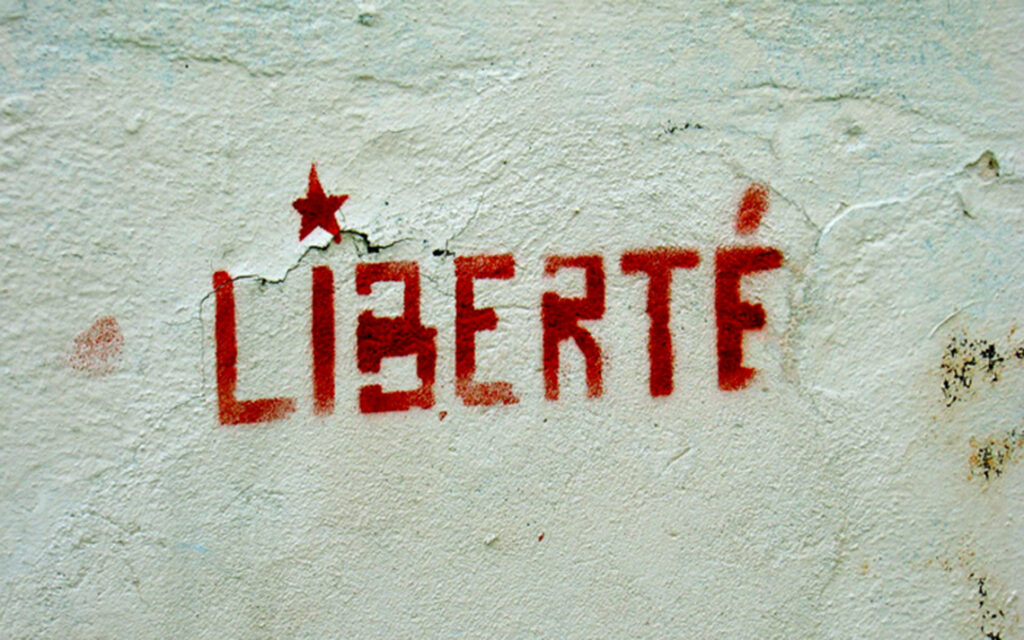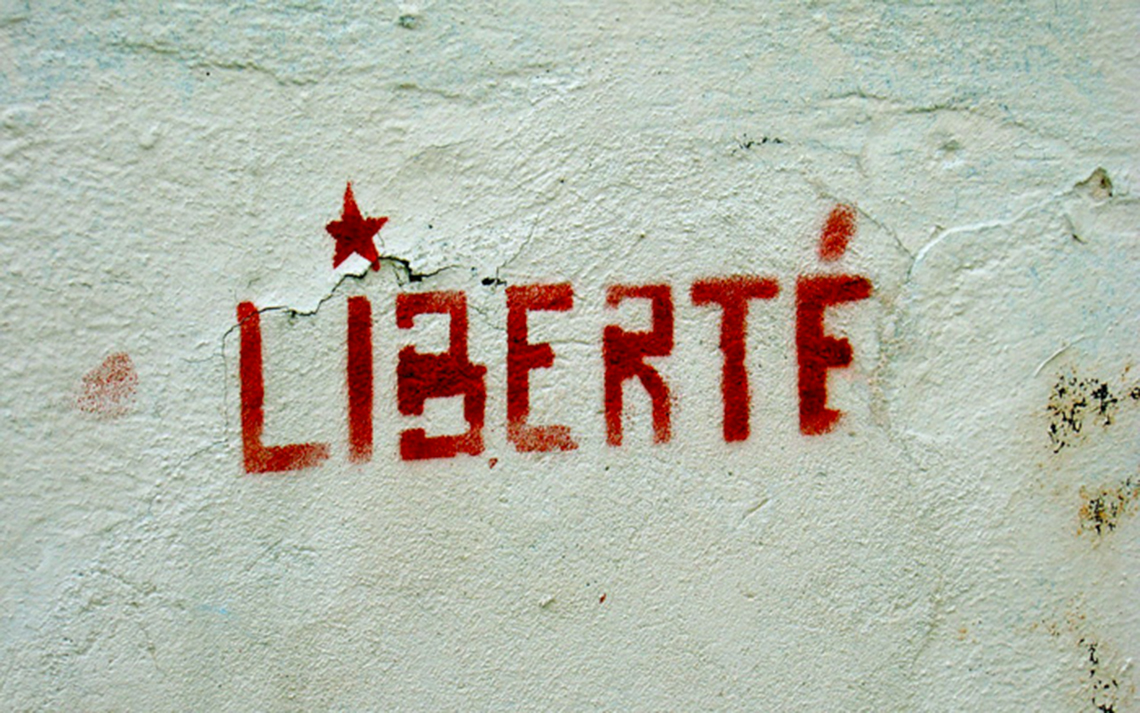
Libertée: Unpacking the Meaning, History, and Modern Relevance of Freedom
The concept of libertée, often associated with the French word for liberty or freedom, resonates deeply within philosophical, political, and personal spheres. More than just a word, libertée represents a fundamental human aspiration, a cornerstone of democratic societies, and a driving force behind countless movements for social justice. Understanding the nuances of libertée requires exploring its historical roots, diverse interpretations, and ongoing relevance in our contemporary world. This exploration will delve into how libertée shapes our understanding of individual rights, collective responsibilities, and the pursuit of a just and equitable society. The very essence of libertée continues to be debated and redefined, making it a concept of enduring importance.
The Etymology and Historical Context of Libertée
The term libertée, stemming directly from the French word *liberté*, finds its origins in the Latin *libertas*. This Latin root carries connotations of freedom from constraint, autonomy, and the condition of being a free person. Throughout history, the concept of libertée has been central to various philosophical and political movements. The Enlightenment, for example, championed libertée as a natural right, advocating for individual freedoms against oppressive regimes. The French Revolution, epitomized by its rallying cry of *Liberté, Égalité, Fraternité* (Liberty, Equality, Fraternity), vividly illustrates the revolutionary power of libertée. This historical context reveals that libertée has consistently served as a catalyst for challenging established power structures and advocating for greater individual and collective autonomy. Understanding this history is crucial for appreciating the complex and multifaceted nature of libertée.
Philosophical Perspectives on Libertée
Philosophers have long grappled with the meaning and implications of libertée. Different schools of thought offer varying perspectives on its nature and scope. Some emphasize negative libertée, which focuses on freedom from external constraints and interference. This perspective highlights the importance of protecting individual rights from government intrusion and ensuring personal autonomy. Others emphasize positive libertée, which focuses on freedom to act and pursue one’s goals. This perspective highlights the importance of providing individuals with the resources and opportunities necessary to exercise their freedom effectively. The debate between negative and positive libertée continues to shape political discourse and inform policy decisions. Furthermore, existentialist philosophers like Jean-Paul Sartre explored the radical libertée of human existence, arguing that individuals are entirely responsible for their choices and actions. This perspective emphasizes the burden of freedom and the importance of authentic self-expression.
Libertée in Political and Social Contexts
Libertée is a cornerstone of democratic societies. It underpins fundamental rights such as freedom of speech, freedom of assembly, and freedom of the press. These rights are essential for ensuring political participation, holding governments accountable, and fostering a vibrant civil society. However, the exercise of libertée is not without its limits. Societies must balance individual freedoms with the need to maintain order, protect the rights of others, and promote the common good. This often involves establishing laws and regulations that restrict certain behaviors in the interest of public safety and welfare. The ongoing challenge lies in finding the right balance between individual libertée and collective responsibility. Moreover, the concept of libertée extends beyond the political realm to encompass social and economic dimensions. Access to education, healthcare, and economic opportunities are all essential for enabling individuals to exercise their libertée effectively. Inequality and discrimination can significantly limit individuals’ freedom and undermine the promise of a just and equitable society. [See also: The Importance of Civil Liberties]
Modern Challenges to Libertée
In the 21st century, libertée faces new and evolving challenges. The rise of surveillance technologies, the spread of misinformation, and the increasing polarization of political discourse all pose threats to individual freedoms and democratic values. Governments and corporations increasingly have the ability to collect and analyze vast amounts of personal data, raising concerns about privacy and the potential for manipulation. The spread of misinformation online can undermine trust in institutions and erode the foundations of informed public debate. Political polarization can lead to gridlock and make it difficult to address pressing social and economic challenges. These challenges require a renewed commitment to protecting and promoting libertée in the digital age. This includes strengthening privacy laws, promoting media literacy, and fostering constructive dialogue across ideological divides. The defense of libertée requires constant vigilance and a willingness to adapt to changing circumstances.
Libertée and Personal Responsibility
While libertée entails rights and freedoms, it also carries responsibilities. Individuals have a responsibility to exercise their freedom in a way that respects the rights and freedoms of others. This includes engaging in civil discourse, participating in the democratic process, and contributing to the common good. Abusing one’s libertée by engaging in harmful or destructive behavior can undermine the very foundations of a free society. Moreover, individuals have a responsibility to be informed and engaged citizens. This requires seeking out diverse perspectives, critically evaluating information, and holding leaders accountable. Apathy and complacency can erode libertée just as effectively as overt oppression. Therefore, active participation and a commitment to civic engagement are essential for preserving and promoting libertée. [See also: The Role of Freedom of Expression in a Democracy]
The Enduring Relevance of Libertée
Despite the challenges and complexities, libertée remains a fundamental human aspiration and a cornerstone of just and equitable societies. It is a concept that continues to inspire movements for social justice, political reform, and individual empowerment. The pursuit of libertée is an ongoing process, requiring constant vigilance, critical reflection, and a willingness to adapt to changing circumstances. As we navigate the challenges of the 21st century, it is more important than ever to reaffirm our commitment to the principles of libertée and to work towards a world where all individuals can enjoy the full fruits of freedom. The fight for libertée is a fight for human dignity, equality, and the possibility of a better future. The essence of libertée is about empowering individuals to make choices, shape their own destinies, and contribute to the well-being of their communities. The spirit of libertée must be constantly defended and renewed to prevent any encroachment on fundamental human rights.
Conclusion: Embracing the Spirit of Libertée
Libertée, in its essence, is not merely the absence of constraints but the presence of opportunity, the potential for self-determination, and the responsibility to contribute to a just and equitable society. Understanding its historical context, philosophical underpinnings, and modern challenges is crucial for appreciating its enduring relevance. As individuals and as societies, we must actively embrace the spirit of libertée, defending it against threats and striving to create a world where freedom flourishes for all. The journey towards libertée is a continuous one, demanding vigilance, participation, and a unwavering commitment to its principles. The concept of libertée is deeply intertwined with human progress and the pursuit of a more just and equitable world. Promoting libertée is promoting the very essence of human dignity and potential.

